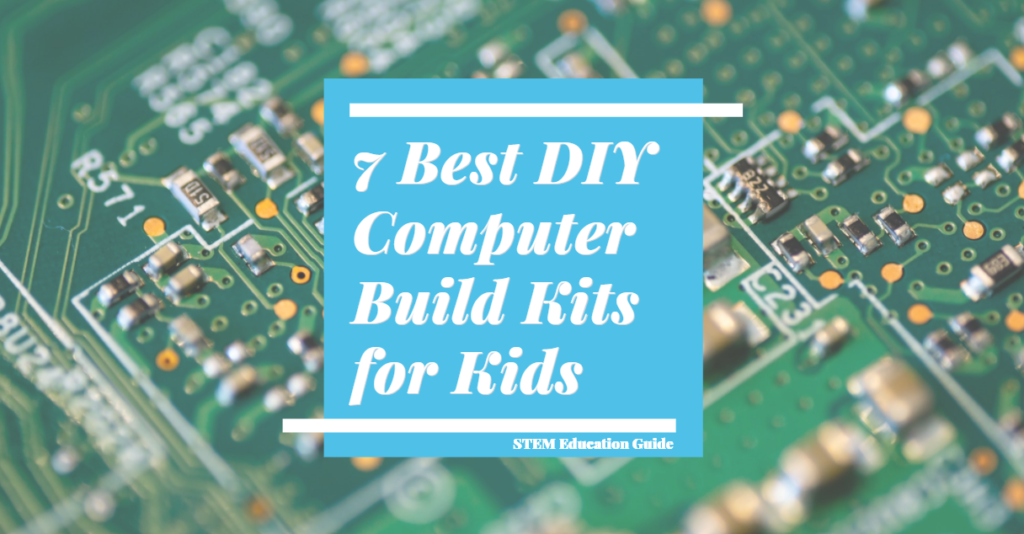There’s no denying that every parent hopes for the success of their children. However, most parents or guardians are unsure of how to nurture and guide their child into a successful student.
Successful learners in classrooms usually exhibit similar characteristics, regardless of their cultural background, age, or gender. By identifying the traits of a good student (as discussed below), parents can help their kids develop those characteristics that will reap the greatest benefit.
Whether they are a homeschooled student or working among fellow students in public school, these are great traits to encourage.
Table of Contents
1. Eagerness to Learn

A good student thrives in school due to their eagerness to gain knowledge. Most of it stems from parents and other people in the child’s life that have offered a wealth of interesting things to discover.
By exposing a child to a boatload of environments at a young age, they quickly learn the world is their oyster.
Make the world an intriguing place that your child will want to explore. However, parents that work this concept too hard face the risk of their child losing motivation and burning out on the learning process before school starts.
As much as learning is important, kids need to have lots of free time alone and with their peers to play and create, not just study.
Please take a look at my full guide to the best STEM subscription boxes for kids.
2. Culture of Reading
According to the U.S. Department of Education, the most crucial thing to ensure their children’s academic success in school is to cultivate a reading culture. The love of reading starts when your child is still an infant.
While a baby won’t grasp the story at this tender age, they’ll quickly become accustomed to the act of cuddling together and hearing the voice of their parent reading aloud every day.
As your child grows, keep a plethora of reading materials throughout the home, allowing them to read regularly. This will develop a positive attitude towards reading, a skill they can take with them from elementary school into higher education.
For some of the best books for young kids, check out my Best STEM Picture Books list to Inspire Future Inventors, Scientists & Engineers.
3. Willingness to Put in the Required Effort

A good student is willing to put in the effort needed to excel at school and beyond. Parents can instill this value at a fairly young age, by showing their children the reward that can come with doing a great job.
When a child learns to be proud of their work, they’ll also learn to follow through with their tasks even when they encounter a challenge. This will get your child well on their way to becoming a great student.
4. Respectful to Everyone
It’s not all about academic skills! Parents should also teach their children to respect everyone and their property. A good student doesn’t take others’ belongings without their permission and treats them with utmost care.
Similarly, a child must learn to respect their peers and adults in charge by first respecting their parents. Respect and obedience are essential values to instill in your child from the onset. After all, they’ll be called to these values every day in the classroom, from grade school to college.
Make sure to check out my article, STEM vs. STEAM: Making Room for the Arts.
5. Solid Emotional and Social Skills
School is one of the environments where a good student benefits from being nice to others. Kids need to exhibit emotional and social skills even in the absence of their parents.
These skills can be nurtured before school starts through social activities under the watchful eye of caregivers of parents. Furthermore, students need to learn how to express their feelings appropriately to others. This is an important factor even outside of school that will help them throughout their life.
6. Self-Motivated

Good learners understand the joy that stems from the completion of a task independently. As a result, they can tackle challenging assignments in the classroom without extra help.
Parents can use simple chores around the house to provide the groundwork their children require. By doing so, they make their kids feel like contributing members of the family and develop the discipline needed to get their tasks done.
Age-appropriate chores teach a child the necessity of pitching in and giving them the satisfaction that comes from knowing they handled the task all on their own.
7. Persistent and Consistent
Learning occurs consistently and slowly, case in point the process of learning how to read. Steps were involved, from holding a book the right side up and differentiating between phonetics and letters to fluency and years of practice.
Although learning to read isn’t an uphill task for neurotypical kids, they must develop building blocks and practice frequently. It’s the willingness to practice with discipline that sets an excellent student apart from the pack.
Consistency is becoming less common in adolescent children with some of the most affected areas being languages, math, and music. In each field, there must be a mastery of some fundamental skills which only comes with practice.
8. Responsibility
When children head off to the classroom, their possessions, behavior, and homework, become their responsibility. It can become overwhelming for a child who hasn’t had responsibility before.
To avoid this predicament, instill responsibility at home by ensuring your child picks up their toys after a play session, washing their hands, and having a bath without your help.
Although a young child shouldn’t be bogged down with a myriad of responsibilities and chores, a few tasks help them become independent at school as well.
9. Partners with Teachers

A child’s relationship with their teacher is crucial to their success at school. A good student recognizes that their teachers are their allies, not enemies.
However, parents usually view this relationship as being entirely in the hands of the teachers. That isn’t the case. Great learners contribute to the creation of this strong relationship. They view their teachers as invaluable resources with whom they need to partner.
Such students are easy to notice as they participate in class, ask questions to understand a topic better, seek the assistance of their teachers when need be. This can lead to better academic achievement in the long run.
10. Accustomed to Routine
School revolves around routines.
A great learner who is accustomed to a schedule usually thrives in those early days.
Although your child’s daily schedule doesn’t have to be too rigid, carving out certain times for baths, eating, going to bed, and playing will give them a sense of structure to help them transition well into the school setting.
They’ll know how to adhere to the classroom rules, whether it’s waiting in line to buy a snack or raising their hand before they speak.
By having structure and rules in the home, a child learns the security that stems from adhering to those guidelines and the value of boundaries.
The Bottom Line
Successful learners exhibit a multitude of similar traits. However, these characteristics don’t always come as naturally as you think. When parents and teachers nurture these traits from the onset, children revel in productive and successful years throughout their school experience and beyond.
Thank you for reading and please take a look at my article on the 7 best computer build kits for kids.









